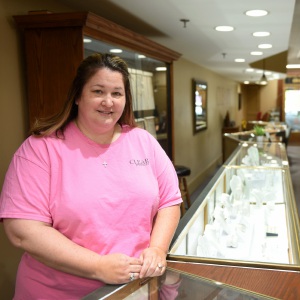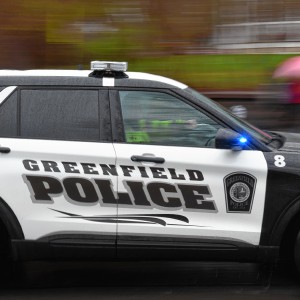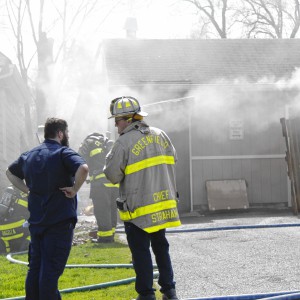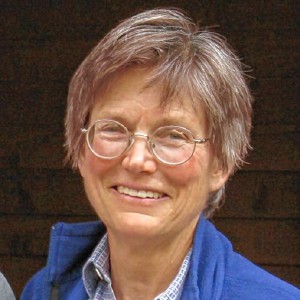Greenfield commissioner argues for more education for law enforcement officers
| Published: 03-28-2023 7:39 PM |
GREENFIELD — In a presentation about statewide police reform measures on Monday, Public Safety Commissioner David Lanoie argued for placing a greater emphasis on higher education for law enforcement professionals.
“[The law] is well-intended in attempting to address and root out bad police officers, improve policing, improve jail administration,” said Lanoie, who is also a lawyer, educator and former law enforcement professional, while presenting at a Community Relations Committee meeting at City Hall on Monday. “But no legislation is perfect.”
As a result of the 2020 police reform law, Lanoie said law enforcement now encompasses municipal police, environmental police, state police and harbor masters, among others. He highlighted the establishment of several commissions to study the status of minority groups and structural racism, stronger use-of-force policies, changes to qualified immunity, stronger facial recognition rules and the creation of the Peace Officer Standards and Training (POST) Commission — a body responsible for the certification and recertification of officers. The law also calls for more implicit bias training.
One element Lanoie felt was missing from the legislation, however, was a focus on “baseline education.” Training and education should be complementary, not mutually exclusive, he argued.
“I think the bill ... seeks to protect the status quo of training as opposed to an education/hybrid approach,” Lanoie said. “I don’t understand what the fear of higher education is with respect to this important profession that has so much authority over citizens or the incarcerated.”
Lanoie said while on-the-job training is important, education plays a role in allowing a better understanding of the “nuances of social organizations” and how it affects an individual’s thinking.
“I don’t believe we can legislate culture change,” he said.
He pointed to the disproportionate number of incarcerated African Americans in the American correctional system, and the flaws in the system for formerly incarcerated individuals attempting to re-enter society.
Article continues after...
Yesterday's Most Read Articles
 Orange man gets 12 to 14 years for child rape
Orange man gets 12 to 14 years for child rape
 Cleary Jewelers plans to retain shop at former Wilson’s building until 2029
Cleary Jewelers plans to retain shop at former Wilson’s building until 2029
 Greenfield Police Logs: April 2 to April 8, 2024
Greenfield Police Logs: April 2 to April 8, 2024
 Fire scorches garage on Homestead Avenue in Greenfield
Fire scorches garage on Homestead Avenue in Greenfield
 One Greenfield home invasion defendant up for bail, other three held
One Greenfield home invasion defendant up for bail, other three held
 Two local school advocates tapped to lead state’s new Small and Rural Schools Committee
Two local school advocates tapped to lead state’s new Small and Rural Schools Committee
“Is that because African Americans are bad, or because we have found a way to institutionally — intentionally or not — to jail more people who are African American?” he asked rhetorically.
Participants and city councilors noted that change extends beyond police departments and into the community. In some cases, police respond to a call that, while well-intentioned, was the result of racial profiling or bias.
Asked by At-Large Councilor Christine Forgey how that change can begin at the local level, Lanoie said it begins with “our heart.”
“Obviously, when the Civil War ended, we didn’t solve discrimination; we didn’t solve segregation,” he said. “It’s up to us as adults ... to refuse to be hyper-polarized, to refuse the carrot of, ‘You’re on this side or you’re on that side, but there’s nothing in the middle.’”
Councilors agreed that more dialogue on the subject of police reform is necessary and expressed hope to engage further with more community members and police officers.
“If we solve problems at the local level,” Lanoie said, “imagine what we can do at the state level and the national level.”
Reporter Mary Byrne can be reached at mbyrne@recorder.com or 413-930-4429. Twitter: @MaryEByrne.

 New owners look to build on Thomas Memorial Golf & Country Club’s strengths
New owners look to build on Thomas Memorial Golf & Country Club’s strengths Gun buyback event collects 195 unwanted firearms
Gun buyback event collects 195 unwanted firearms Quabbin region studied for MWRA expansion
Quabbin region studied for MWRA expansion
